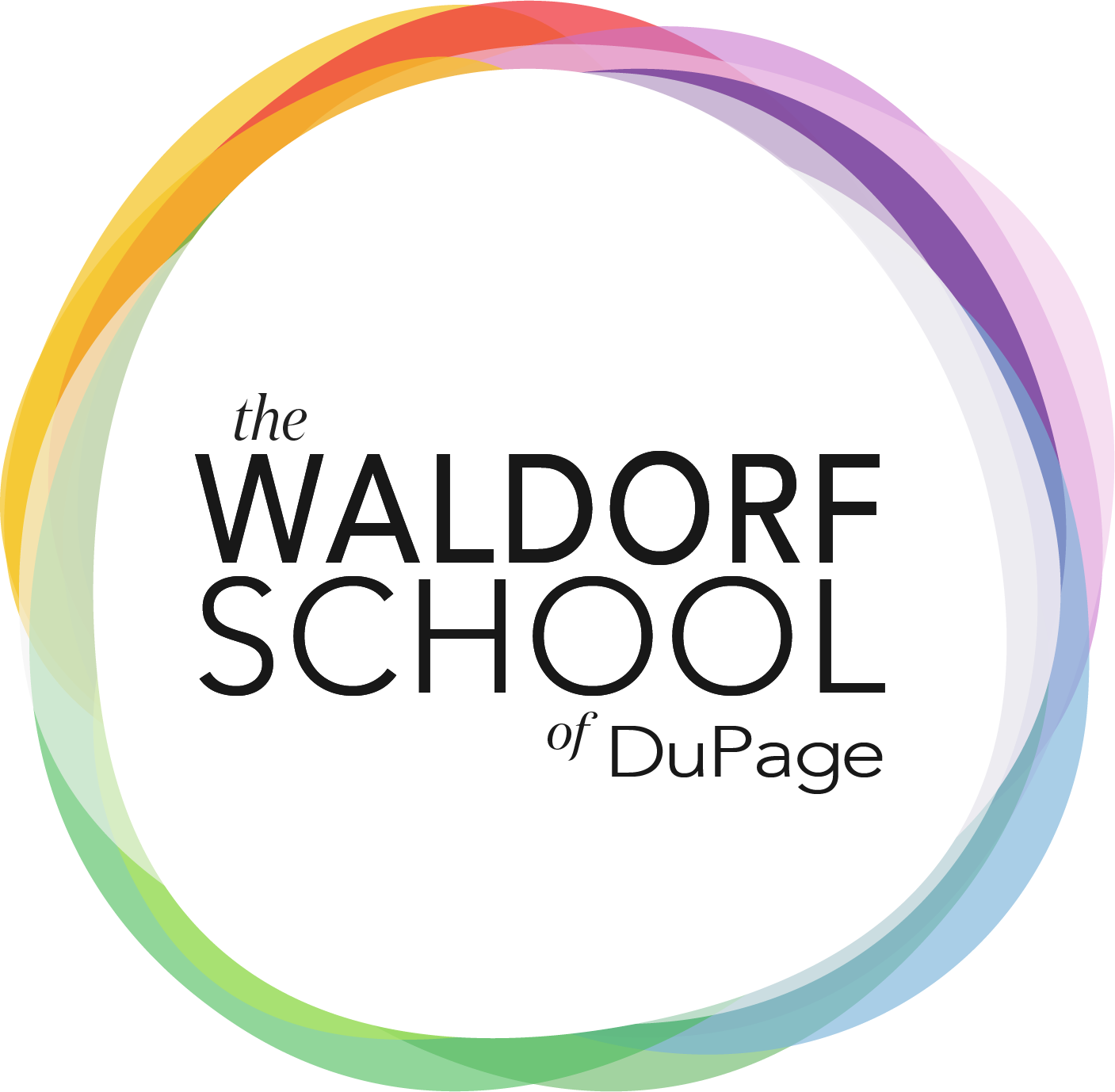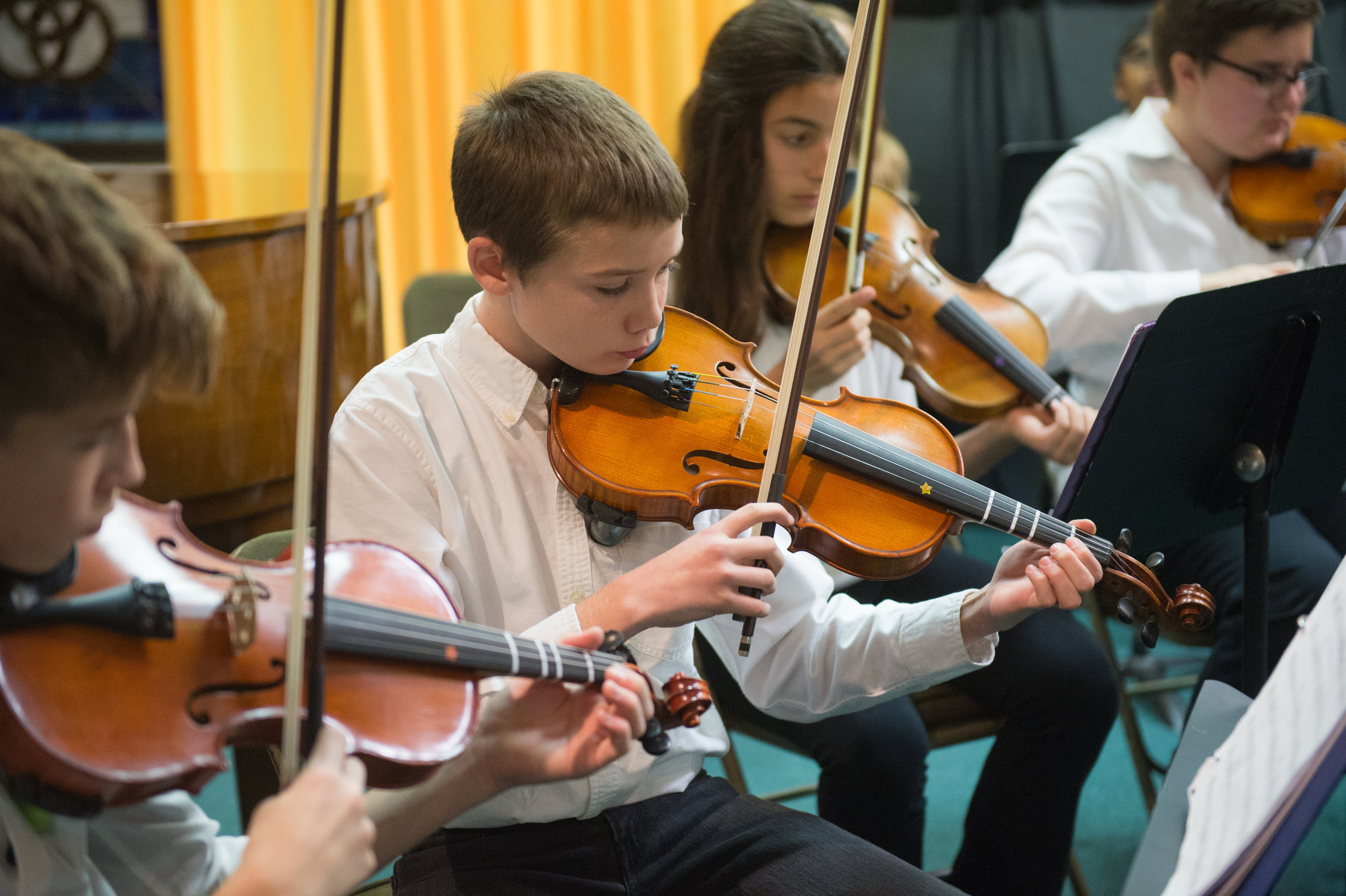The Waldorf elementary school offers an inspired approach to life-long learning. What sets the curriculum apart is not necessarily what is taught, but how it is taught. Teachers aim to present all subjects in a pictorial, imaginative way to stimulate students' feelings and interests. Every subject, whether mathematics, history, or physics, is learned artistically and practically so that the experience speaks to the whole child: the head, the heart, and the hands. Drawing, painting, movement, music, singing, recitation, and drama are not treated as supplements; rather, they are the actual methods by which each subject is taught. By interweaving traditional academic disciplines with artistic and practical activities, the school provides a broad and balanced educational experience and encourages the development of capable, multifaceted individuals.
Mathematics
Practical math, Percent, Equations, Plane and solid geometry, Algebra
Sciences
Organic chemistry, Physiology, Physics
English & Grammar
Grammar review, Compositions, Business and practical writing, Creative writing
Literature
Shakespeare, Epic and dramatic poetry, Folklore
History
1700 - present: Revolutions (French, American, Indian, Industrial, Civil Rights Movement)
Geography
World geography, Global contrasts, Global commerce and economics
World Language
Sentence structure, Reading and retelling of stories, Review of learned material
Drawing
Three-dimensional drawings, Volumes
Painting
Dry on dry, Space in color, veil painting
Modeling
Woodworking with hand tools, Clay modeling: Human head in clay, Bones
Handwork
Machine sewing, Weaving
Movement Education
Teamwork activities, Team sports, Track and field
Music
Choir, Middle school orchestra, Writing music, Recorder ensemble

